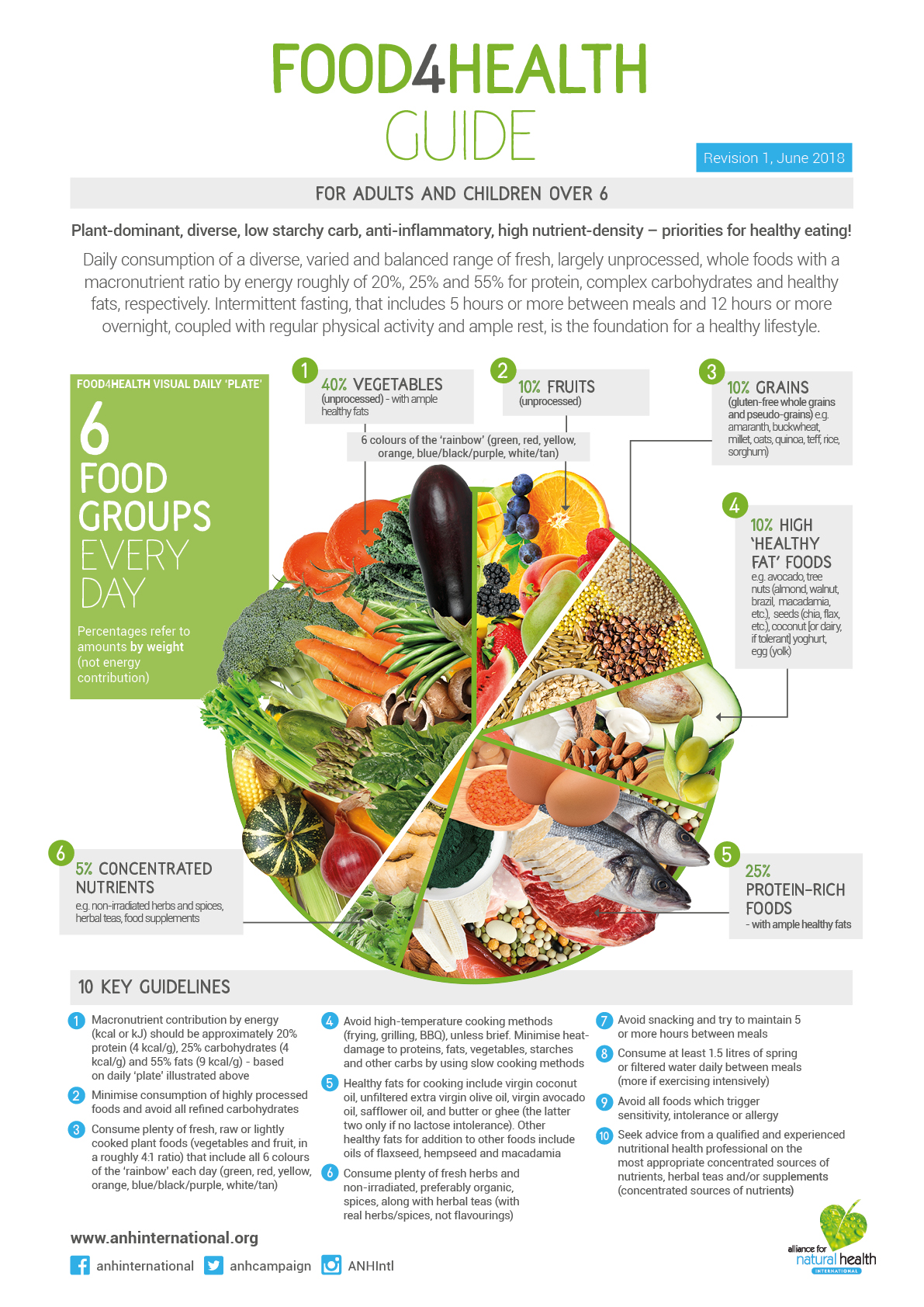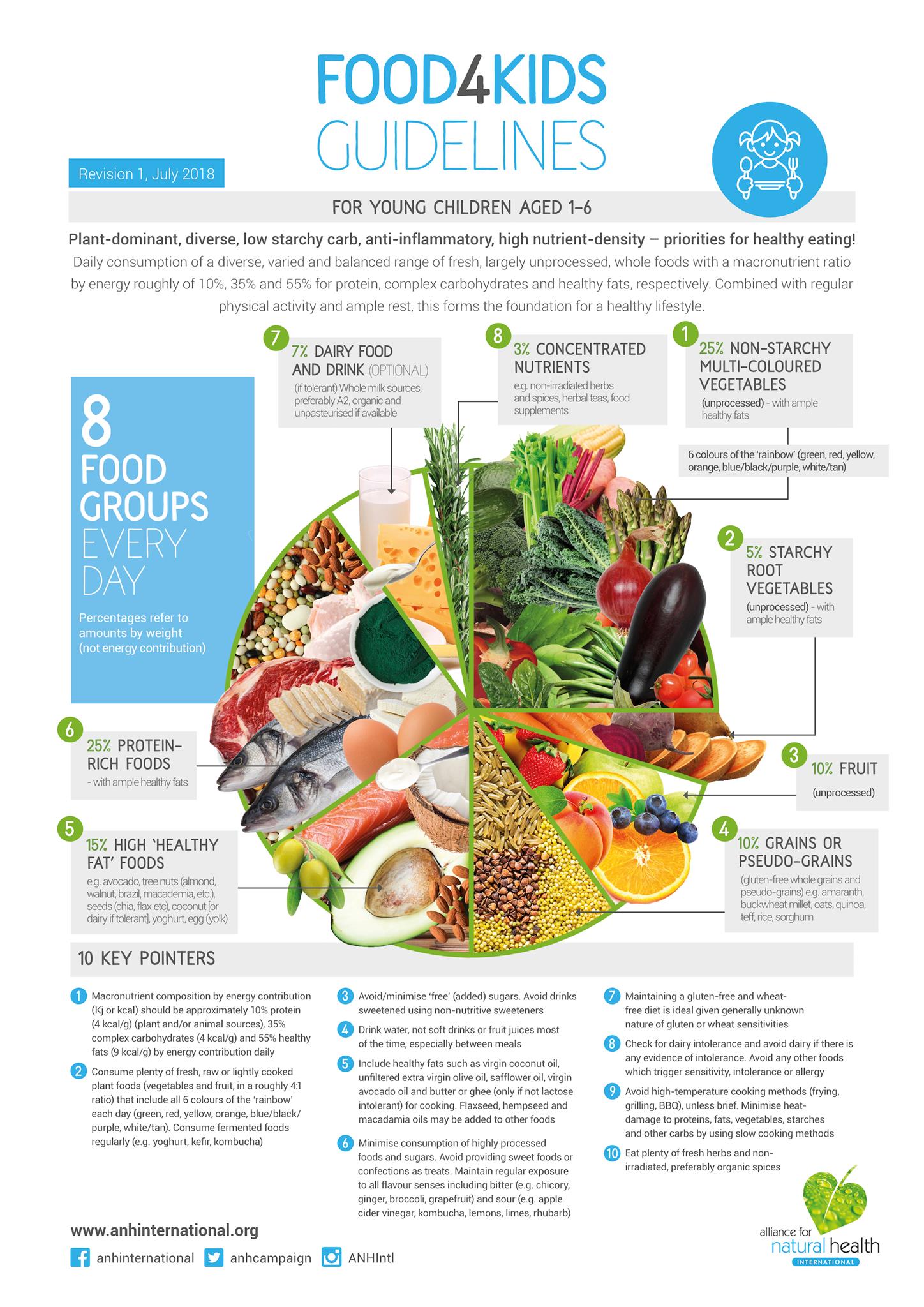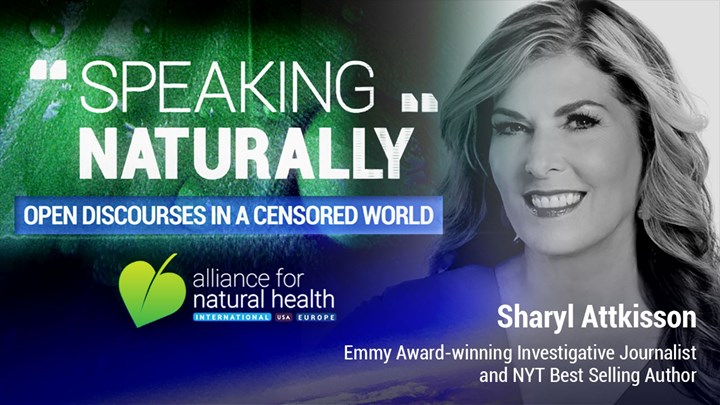Content Sections
Listen to the article
Read the article
Hyperactivity disorder (now known as Attention Deficient Hyperactivity Disorder or ADHD) is one of the most commonly diagnosed neurodevelopmental disorders in childhood, characterised by difficulties in concentrating and focusing, with impulsiveness and hyperactivity. The number of diagnoses both in children and adults has been rising rapidly in recent years as people look for reasons to explain neurological issues.
Search online for ADHD treatments and you’ll scroll through multiples pages recommending medications, often with less than desirable side effects, along with behaviour therapy. Even today, more than 30 years after groundbreaking science by Professor Neil Ward was published in 1996 (online 2009), little to no mention is made of the benefits of dietary changes for improving mood, memory and behaviour in those dealing with ADHD, unless you specifically research it for yourself. Sadly, many parents dealing with hyperactive children don't have the time, or even know how to conduct research properly, and instead rely on the authorities and their doctors for advice and treatment.
>>> Prof Neil I Ward bibliography of publications
This is the gap, as far back as 1977, that a small, pioneering charity, The Hyperactive Children’s Support Group (HACSG), hoped to fill for parents and children alike. They wanted to break boundaries in supporting and treating children with hyperactivity and ADHD with natural means. This was nearly 50 years ago now, long before hyperactivity became the problem it is today, and still nutrition and lifestyle recommendations are missing from most mainstream ADHD protocols.
The birth of HACSG - and it's continuity
In the early 1970s, Sally Bunday’s (MBE) son, Miles, was diagnosed with hyperactivity disorder. The diagnosis sparked a search for information to help manage his condition. Her research led to the work of Dr Ben Feingold in the US, which proposed that artificial additives in food were an aggravating factor in the condition. Sally implemented his dietary recommendations and saw an immediate improvement in Miles’ behaviour, benefitting not just her son, but the whole family as his behaviour changed and stabilised.
The immense benefits of the removal of artificial additives from Miles’ diet prompted Sally, and her mother Vicky Colquhoun, to set up the HACSG to support children and parents who were dealing with hyperactivity/ADHD by sharing information, ideas and research concerning the vital role diet and nutrition plays in childrens' wellbeing and behaviour.
Sharing her story about Miles and how Dr Feingold’s work had helped him with popular magazine, ‘Woman’, in 1977, opened the floodgates as Sally was contacted by thousands of parents looking for help.
Underneath the video is a selection of information taken from the HACSG's website, which has now been decommissioned, but don't worry, the repository of key information has found its forever home here on our website.
Below is a short video with Meleni Aldridge interviewing Prof. Neil Ward himself on the history and pedigree of HACSG and the incredible work accomplished since its inception. Essential viewing filled with anecdotes and pearls of wisdom born from extensive experience in the field.
Listen to Meleni's interview with Prof Neil Ward
>>> Find out more about the HACSG’s history
>>> What is the Feingold programme?
>>> The role of essential fatty acids, vitamins and minerals
The charity was amongst the first to recognise the role of essential fatty acids in dealing with hyperactivity and initiate cutting-edge research. Working with Dr David Horobin, research was published in Medical Hypothesis in 1981, showing the importance of essential fatty acids for hyperactive children. UK scientists are about to undertake further research exploring the role of Omega 3 supplements on children's behaviour, mood and mental health. They're currently looking for children to take part in the research. In 2009, Prof. Neil Ward, following on from Dr Feingold's work on chemicals as aggravating factors, published research showing that more than 60% of respondants to their questionnaire demonstrated behavioural changes after eating synthetic colours and additives.
>>> Visit The HACSG Legacy page - curated by ANH International - for more information.

Bucking the trend for ADHD
More and more evidence has emerged since the inception of HACSG to support the use of natural methods to benefit those living with ADHD.
A 2022 study found children diagnosed with ADHD, given vitamin and mineral supplements that also contained amino acids and antioxidants, at doses between the Recommended Daily Allowance (RDA) and Upper Tolerable Limit (TUL) experienced an improvement in their mood, concentration and growth. While, a wide body of evidence already exists to support the use of omega 3 supplements.
The importance of a healthy, nutrient dense, wholefood diet for children's health is emphasised by a study published in Nutritional Neuroscience, showing children who ate plenty of vegetables and fruit experienced significantly reduced symptoms of ADHD. For those in the nutrition world, such conclusions are far from new, knowing as we do the power of nutrients as close to their natural form as possible, to support kids health and wellbeing. It's one of the reasons we chose to create our Food4Kids guidelines and dedicate a section of our book RESET EATING to kids health. For older kids and adults there’s our Food4Health guidelines.


Top ANH/HACSG tips for reducing ADHD symptoms
- Aim to give kids between 7-10 portions of vegetables and no more than 2-3 servings of fruit every day. Try and make sure you cover the spectrum of all 6 colours everyday to make sure they get the full health benefits.
- Avoid processed and chemically laden foods and stick to whole, unprocessed foods that don’t have a laundry list of ingredients and artificial additives on the label
- Drink water, not soft drinks or fruit juices and avoid drinks sweetened using sweeteners (non-nutritive sweeteners)
- Include concentrated nutrients in the form of fresh (or good quality, non-irradiated) herbs and spices, along with some supplements, which may include vegetarian protein sources (especially for vegan/vegetarian children) and a limited range of food/dietary supplements, including:
-
- Vitamin D3 (25 mcg [1000IU)/day, from 1 month to 18 years) except when in at least 20 minutes of 80% sunlight exposure of body surface area (without sunscreen) during summer months
- Children’s multi-vitamin/mineral (without sugar, sweeteners, fillers or artificial ingredients), as per directions
- Omega-3 oil; including EPA and at least 200 mg DHA daily (especially on days when oily fish is not eaten)
- Probiotics, from fermented foods (e.g. sauerkraut, tofu, tempeh, kimchi, etc) or good quality supplements, as per recommendation by nutritionist, other health professional or manufacturer/supplier.
- Consider working with a nutrition professional to assess whether there are any foods that your child or you may be intolerant to, particularly gluten and dairy
Over the years HACSG’s mission has been to share knowledge and evidence-based information around natural ways to manage and support ADHD. Over the years the charity has helped thousands of parents and their children to bring the condition under control and live a better life. Sadly, today we’re seeing more and more children being diagnosed with ADHD, with little mention about the effectiveness of dietary changes along with the supplementation of vitamins, minerals and essential fatty acids, yet HACSG’s work still stands as a beacon as so many with such a diagnosis benefit from changing their diets to help improve their condition. It is an honour to continue their legacy by making the information once contained on their website still available on ours.
We'd love to hear from you if your family benefited from the HACSG team's work, what worked for you along with any pearls of wisdom that might help others. Please do comment below.
>>> Visit The HACSG Legacy page - curated by ANH International - for more information.
>>> If you’re not already signed up for the ANH International weekly newsletter, sign up for free now using the SUBSCRIBE button at the top of our website – or better still – become a Pathfinder member and join the ANH-Intl tribe to enjoy benefits unique to our members.
>> Feel free to republish - just follow our Alliance for Natural Health International Re-publishing Guidelines
>>> Return to ANH International homepage








Comments
your voice counts
There are currently no comments on this post.
Your voice counts
We welcome your comments and are very interested in your point of view, but we ask that you keep them relevant to the article, that they be civil and without commercial links. All comments are moderated prior to being published. We reserve the right to edit or not publish comments that we consider abusive or offensive.
There is extra content here from a third party provider. You will be unable to see this content unless you agree to allow Content Cookies. Cookie Preferences